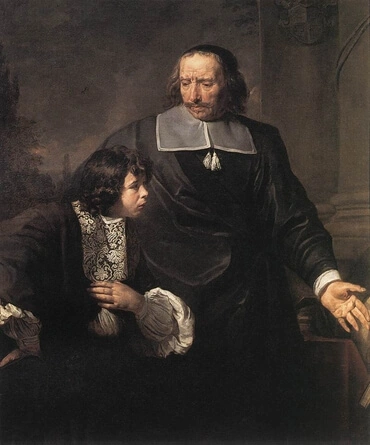Arcana Coelestia #246
246. 'Beast' and 'wild animal of the field' mean affections. This becomes clear from what has been stated already in 45, 46, about 'beast' and 'wild animal', to which let the following quotation from David be added,
You shake down a shower of blessings, O God; Your heritage which is labouring, You strengthen; Your wild animals will dwell in it. Psalms 68:9-10.
Here also 'wild animal' stands for the affection for good, since it is going 'to dwell in God's heritage'. The reason 'beast' and 'wild animal of the field' are mentioned here, as also in Genesis 2:19, 20, but 'beast' and 'wild animal of the earth' in Genesis 1:24-25, is that the subject is the Church, that is, man when regenerate, whereas in Chapter 1 the subject is the time when the Church does not exist, that is, when man has yet to be regenerated; for 'field' is a term applying to the Church, that is, to man when regenerate.
Man (male)

The relationship between men and women is deep and nuanced, and one entire book of the Writings -- Conjugial Love -- is devoted to the subject. So we can hardly offer a full explanation here. In a very general sense, though, the Writings say that men are creatures of intellect, driven by the love of growing wise; women, meanwhile are creations of affection, driven by the love of wisdom and the good that wisdom can do. They are formed this way to reflect the Lord's Divine Love and Divine Wisdom, and so that they can form marriages that reflect the unity of Divine Love and Divine Wisdom. Marking differences between men and women can be a touchy thing, but realistically it's easy to see that men tend to love acquiring knowledge whether it has any practical application or not. Many of them can spout out sports statistics or hold court on the workings of the internal combustion engine, even though it is knowledge they are not likely to ever use. They find such knowledge interesting for its own sake. It follows, then, that when the Bible speaks of men, the men represent facts, ideas, knowledge, truth, intellect and wisdom -- or in the negative sense falsity, twisted logic, and reasoning that is devoid of concern for others.






